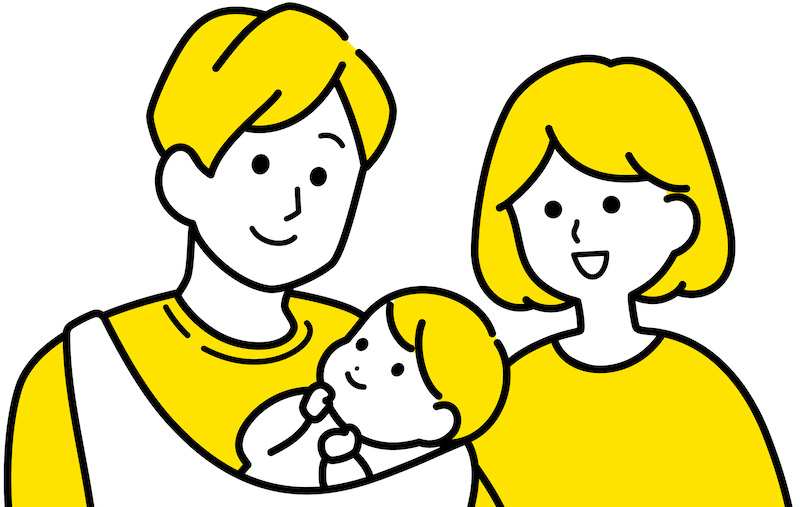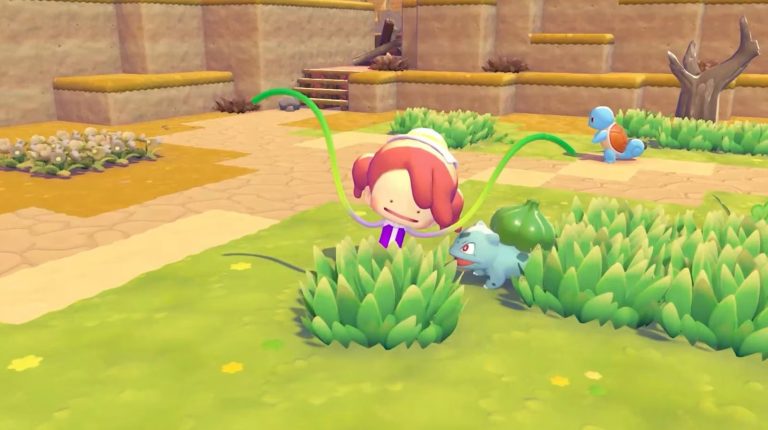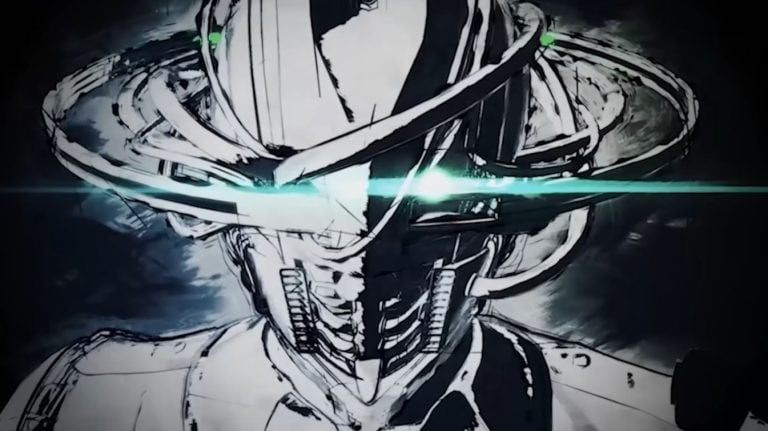So-called “kirakira names” have been a controversial topic in Japan in recent years, with many criticizing the new tendency in naming children. However, a Japanese childcare professional sheds light on why this naming trend may not be as significant as it appears.
In Japan, the term kirakira name (lit. sparkly/shiny name) refers to unconventional and unreadable names given to babies. Japanese names usually contain kanji characters, many of which have standard readings. However, legally, you are allowed to assign basically any reading to any given name, which sometimes leads to parents creating overly unique readings of their own, often referencing popular media or English words. With these relatively bizarre naming styles, a name that would normally be read Hikari can become Pikachu, and a name like Mio can transform into Melody.
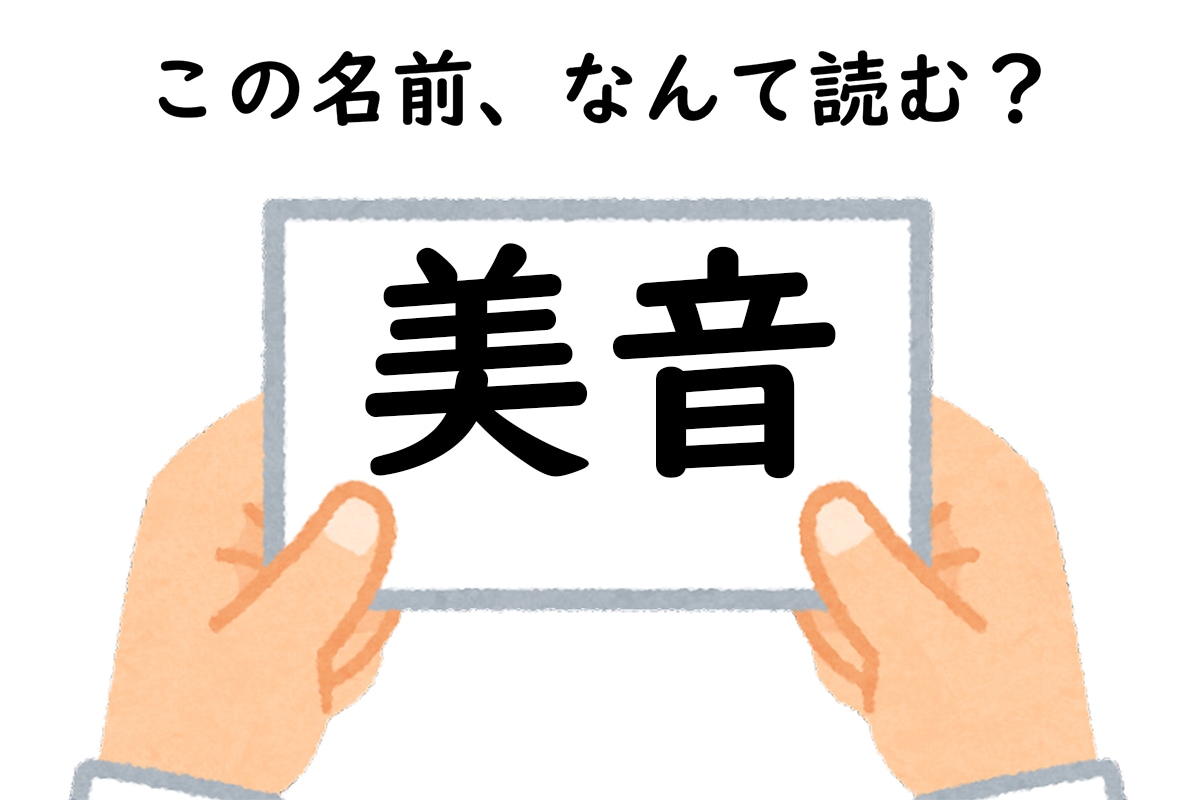
Due to the unreadability and strangeness of these names, many people have criticized parents who choose to name their children in this way. In Japan, it’s generally considered better to blend into society and not “stick out,” so flashy names like these, while interesting, are likely to invite unwanted attention. In addition to the extra attention, kirakira names can lead to various inconveniences, such as mispronunciations and prejudice. With all of the potential problems that these names can cause, they’ve become something of a hot topic in recent years. However, in a recent article on kirakira names, childcare provider Masako Niikura suggests that the unconventional naming phenomenon may be receiving too much attention. She points out, “While kirakira names have been a topic of discussion in recent years, they are very uncommon, from my experience. I have encountered only one child whose name’s reading I found a bit uncommon. It makes me wonder if there are as many children with kirakira names as people make it out to be.” In recent years, a rise in reports about kirakira names may have increased, however, it seems that these names are still quite rare to see in the real world, even for those working with children as a living.
Niikura also shared the potential challenges faced by those with kirakira names. She mentions that while she believes parents who give their children these ‘sparkly’ names do so with sincere intentions, they should be aware that mispronunciations and potential bullying may be issues. According to a survey conducted by the Japanese legal news site Bengo4 on the regulation of names, approximately 80% of respondents supported naming restrictions against kirakira names.
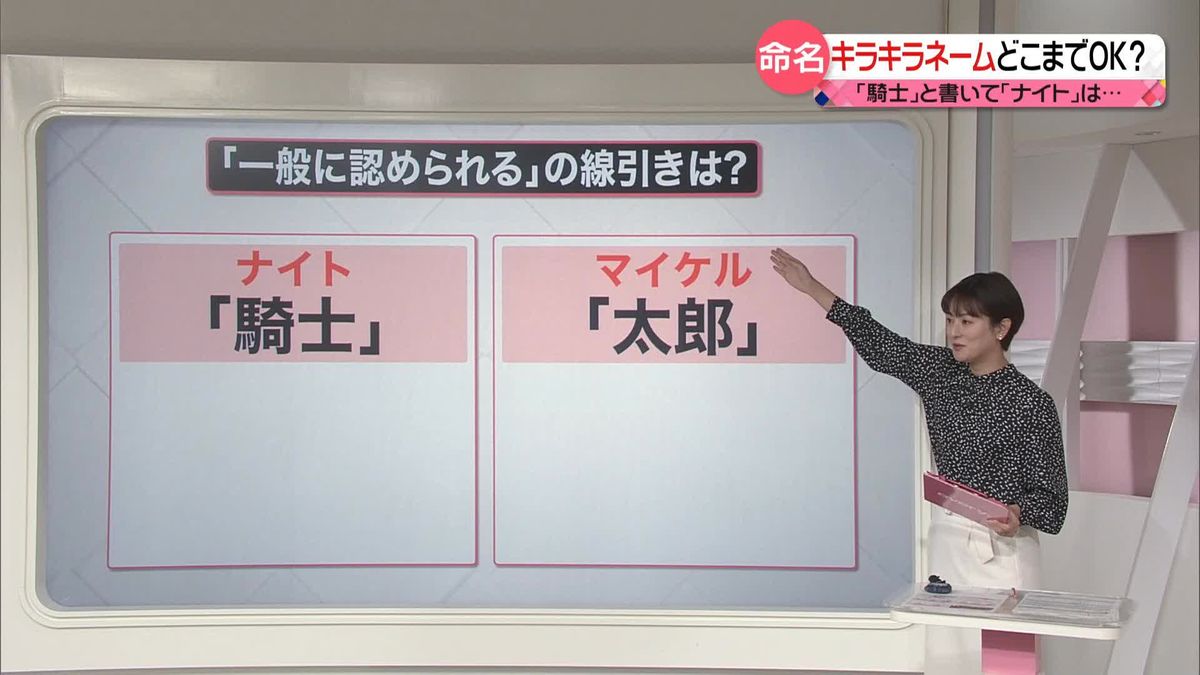
In June of this year, Japan made revisions to its Family Register Law, pertaining to an official document that records immediate family members. Starting in 2024, this register will require the inclusion of furigana (a phonetic notation on how to pronounce kanji characters) alongside names. With this amendment to the Family Register Law, naming regulations are also expected to be implemented, potentially reducing the occurrence of kirakira names.
The amended law on naming is said to include various restrictions, such as prohibiting names with kanji meanings opposite to their readings, names that are easily misread, and names that have no relation to the meaning or reading of their kanji characters.
While many people support the revision of naming laws, some believe the new restrictions are overreaching and unnecessary. Bengo4’s survey on naming regulations also mentioned that some participants felt the government shouldn’t dictate how children should be named, noting that they believed that parents should have the freedom to name their children based on their love and judgment.
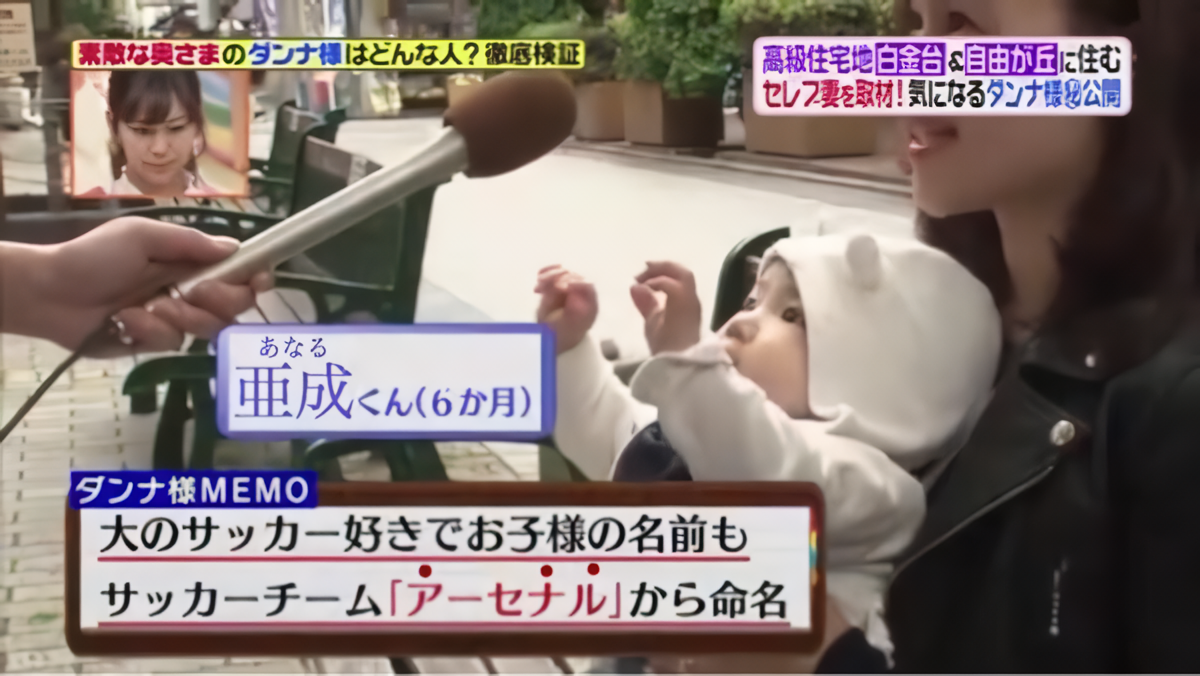
The kirakira names of children seem to be created with the good intentions of their parents. However, while these names may have originated from a place of love, children growing up with these unconventional names may face name-related challenges later in life. It will be interesting to see if the kirakira trend will take another form once restrictions regarding naming are implemented, or if names like Doremi (like the musical scale) and Anaru (sounds like anal) will cease to exist altogether.

